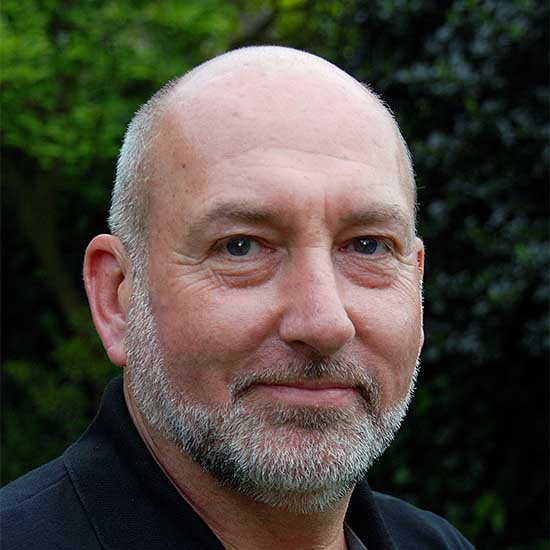Steve West is known for pioneering the study of enzymes that promote the intricate DNA interactions necessary for the recombinational repair of DNA strand breaks. Steve’s early work led to an understanding of DNA pairing and strand exchange by the bacterial recombinase RecA, and its human ortholog RAD51. However, his unique contribution to our understanding of recombinational repair came from his discovery of the first cellular enzyme that resolves recombination intermediates (Escherichia coli RuvC), followed by the first branch migration complex (RuvAB) in 1994.
This work set the scene for him to search for eukaryotic orthologs, culminating in his identification of yeast (Yen1) and human (GEN1) Holliday junction resolvases. His elegant biochemical approaches, coupled with cell biology, have defined the mechanisms by which human cells resolve recombination intermediates to allow efficient chromosome segregation.
Steve is the recipient of the Louis–Jeantet Prize for Medicine (2007), the Novartis Medal (2008) and the Genetics Medal (2012). He gave the Royal Society Leeuwenhoek Lecture in 2002 and the GlaxoSmithKline Medal Lecture in 2010.
Professional position
- Senior Group Leader, The Francis Crick Institute
Subject groups
- Biochemistry and molecular cell biology
Biochemistry and molecular biology
Awards
Leeuwenhoek Medal and Lecture
On 'DNA repair from microbes to man'.
Louis-Jeantet Prize for Medicine
No citation available for this award.
Royal Society GlaxoSmithKline Prize and Lecture
In recognition of his pioneering work on the molecular mechanisms of genetic recombination and DNA repair and their relation to tumorigenesis.
Royal Medals
For discovering and determining the function of the key enzymes that are essential for recombination, repair and the maintenance of genomes.

